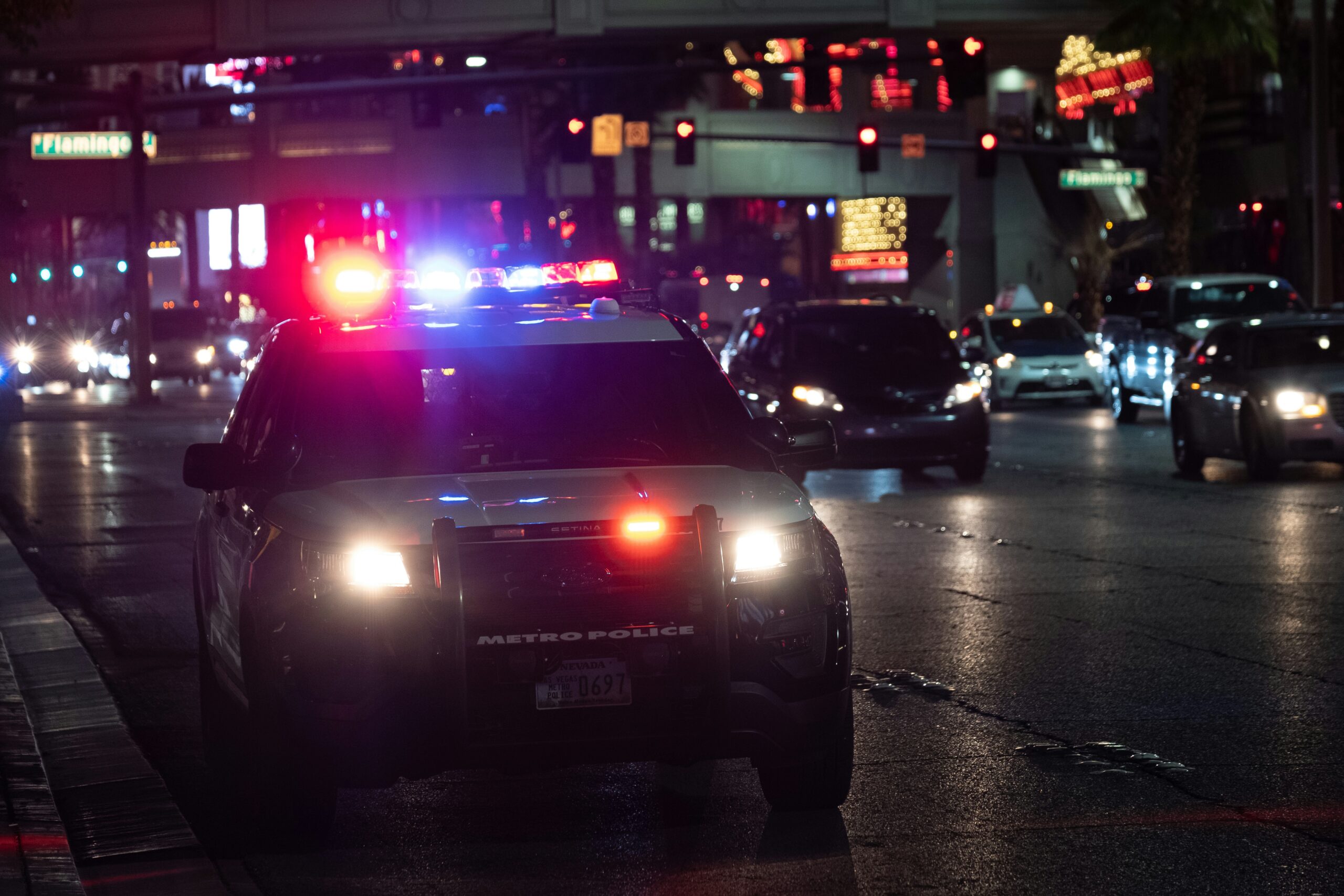If you are facing a criminal charge, one of the best things you can do is to get sound legal advice from an experienced criminal lawyer. We can represent you for a range of criminal law matters and will provide practical, straightforward advice and guide you through the complex court process.
Serious traffic offences
If you have been caught for a traffic violation, how it will be dealt with, in part, depends on how serious the offence is. Many offences are dealt with by the imposition of a fine and demerit points, meaning that you will only need to go to court if you disagree with the offence.
However, for more serious traffic offences, such as drink driving or driving with a drug in your system, dangerous driving, or driving while disqualified you will likely need to go to court. Serious traffic offences carry significant penalties including imprisonment, so it is important to seek legal advice as soon as possible if you are charged with a serious traffic offence.
Licence suspension
In Queensland, your traffic history is reflected in the demerit point system which allows the state to determine when it should revoke the privilege of anybody holding a driver’s licence. You can lose your right to drive immediately for severe breaches of traffic law. For instance, if you are caught going 40km or more over the speed limit, your licence will be suspended immediately for six months.
Otherwise, you can commit several less serious offences and still retain your licence provided you do not exceed the maximum number of demerits allowed for your licence category. Even if you do exceed the maximum, the Department of Transport and Main Roads may give you the choice of a suspension for a few months or a good behaviour licence for a year. In that case, you need to avoid accumulating any more demerits or your licence will be suspended.
Fortunately, even if your licence is suspended, you may be able to apply for a special hardship order. For instance, if you need to drive for your job, the court may allow you to retain your licence for limited purposes. You should seek legal advice to see if this is an option for you.
Domestic Violence Orders
A Queensland court can make an order called a Domestic Violence Order (DVO) to stop threats or acts of domestic violence. This is basically an official document that sets out rules for how the respondent (the person against whom the order is issued) must behave, such as staying away from the victim and their home.
A DVO is a civil matter, so it is not necessary to prove “beyond reasonable doubt” that there were threats or acts of domestic violence for an order to issue. Accordingly, someone who is at risk can take out a DVO with limited evidence. Because the standard to obtain a DVO is relatively low, it is important that the respondent is not unfairly treated. To ensure this, a DVO does not create a criminal record. However, if a respondent breaches a DVO, it becomes a criminal matter, resulting in them being arrested and potentially having a criminal record and facing penalties, including fines and imprisonment.
Going to Court
The criminal law is designed to protect the community and punish those who commit serious crimes. However, the criminal law system is far from perfect. Some people who are charged with crimes are not guilty, and even those who have committed the acts as charged often have circumstances which reduce their culpability.
Penalties for serious crimes can be grave and you can lose your liberty for life if found guilty of certain offences. Because these stakes are so high, criminal law is different to other areas of law and there are certain protections which your lawyer can help you to access. Someone accused of a crime is presumed to be innocent, and the legal system places the onus on the prosecution to prove every element of the crime beyond a reasonable doubt.
Our role as your lawyer is to force the prosecution to prove every element of the offence, and to help the court to understand the circumstances of the person who has been charged.
Sentencing
If you are found guilty of an offence, a court will determine how to sentence you. In figuring out an appropriate sentence, the court will take into consideration a number of factors. These include the maximum and minimum sentences that can be imposed, how serious the offence was, your role in the offence, any assistance given to law enforcement after the offence, and your criminal record. Sentencing is a complex area of law so speak with one of our experienced lawyers to ensure you get the best outcome possible.
If you need assistance contact [email protected] or call 07 3800 5055.

